FEAR ON TRIAL
John Henry Faulk
Foreword by Studs Terkel

University of Texas Press, Austin
International Standard Book Number
0-292-72442-x pbk.
utpress.utexas.edu/index.php/rp-form
Library of Congress Catalog Card Number 82-84409
Library ebook ISBN: 978-0-292-76328-9
Individual ebook ISBN: 978-0-292-78925-8
DOI: 10.7560/724433
Copyright 1963, 1964, 1976 by John Henry Faulk
Copyright 1983 by the University of Texas Press
All rights reserved
Printed in the United States of America
First University of Texas Press Edition, 1983
Requests for permission to reproduce material from this work should be sent to Permissions, University of Texas Press, Box 7819, Austin, Texas 78712.
Revised and updated with editorial assistance by Don Gardner
To the three persons, Texans all, who influenced me the most in respecting the liberated mind and the joys and responsibilities of citizenship:
MY MOTHER AND FATHER AND J. FRANK DOBIE
PROLOGUE
A whole generation of Americans have been born and have come to maturity since the events chronicled in this book took place. For this reason, my editors and I felt that something by way of a prologue or explanatory notes about those troubled times might be in order for this edition of Fear on Trial.
As the reader will discover, the book deals with my personal experiences with blacklisting. Blacklisting was the term used to describe the practice of systematically denying employment to persons for their alleged political beliefs and associations. It was actually just one of a multitude of cruel manifestations of the McCarthy era in the United States, a period of years in the 1950s characterized by widespread political persecution and repression.
Senator Joe McCarthy of Wisconsin sailed over the national political horizon in 1950, using the charges of treason and subversion to intimidate his political opponents into quaking silence. He was neither the first nor the only political personality of that day to use demagogy, distortion, and falsehood for political advantage. He was simply the most flamboyant. Hence McCarthyism entered our political lexicon.
The climate of fear and hysteria that invaded our political institutions and distorted our political processes in that day was carefully encouraged and orchestrated by governmental bodies as well as by private groups. In Congress, the House Un-American Activities Committee (HUAC); its counterpart in the Senate, the Internal Security Committee (McCarthys Committee); and, in the Executive Branch, J. Edgar Hoovers FBI kept up a steady drumbeat of alarms and exposures. Self-appointed private groups like the American Legion and AWARE, Inc., joined the clamor and din.
That respected maxim of American justice which says that a person charged with a crime is presumed innocent until proven guilty by due process of the law was stood on its head and became a person charged with holding dissenting views is presumed guilty until proven innocent.
Senator McCarthy, in 1954, began to have hard times, for the Army-McCarthy televised hearings gave the public a good look at his tactics, and the United States Senate voted to censure him. His influence faded quickly, as the excesses and injustices of the McCarthy era became increasingly apparent to the public; the governmental and private organizations that had been so vocal in support of him lost popularity rapidly. Those two national tragedies, the Vietnam War and Watergate, both at least in part due to the secrecy in government that was institutionalized during McCarthys time, resulted in some in-depth studies of governmental and private vigilante groups. The HUAC withered and fell off the vine. Severe controls were placed on the FBIs function as a political police force. These accoutrements of political repression became, for a while, almost moribund.
Today, however, there are disturbing signs on the political horizon. As we move into the 1980s, forces are active in the land that carry echoes of the repressive days of McCarthy. Bellicose talk and the emphasis on astronomical defense spending, accompanied by executive orders directing the FBI and the CIA to institute secret political surveillance of American citizens who are neither suspected nor charged with criminal activities, are frightening. Political surveillance is the sine qua non of repressive politics. Numerous members of Congress have signed up for the re-establishment of the infamous HUAC with its awesome subpoena powers. Charges of disloyalty and subversive activities are beginning to be bandied about in the present administrations attacks on its opponents.
It is hoped that the publication of this edition of Fear on Trial will, to some small degree, serve as an aid to those readers who would avoid the injustices and harm to our free institutions that public or private vigilantism creates.
THE PEOPLE
Val Adams radio/TV reporter, New York City
Louise Allbritton actress; wife of Charles Collingwood
Marvin Antonowsky statistician; expert on Pulse ratings; testified at trial
Leslie Barrett actor; member of AFTRA; opposed to AWARE
Frank Barton executive of Lennen & Newell advertising agency; testified at trial
Orson Bean comedian; organizer of Middle-of-the-Road slate (with Faulk and Collingwood)
Jackson Beck announcer; turned against Faulk
Roy Bedichek naturalist; philosopher; friend of Faulk
George Berger assistant to Paul Martinson
Harry Blackburn executive of Rheingold Brewery; testified at trial
Thomas Bolan attorney; lawyer for AWARE
Himan Brown producer, director, and packager of TV shows; testified for Faulk
Alan Bunce actor; friend of Collyer; AWARE supporter; opponent of Faulk
Nelson Case radio announcer; AFTRA member; withdrew support from Middle-of-the-Road slate
Roy Cohn attorney; lawyer for AWARE
Charles Collingwood CBS commentator; president of AFTRA; and witness for Faulk
Clayton (Bud) Collyer radio/TV personality; supporter of AWARE; opponent of Faulk
Samuel Dalsimer executive vice president, Grey Advertising; testified at trial
Sidney Davis attorney in Louis Nizers office
Chris and Merle Debuskey friends of Faulk
Gerald Dickler business manager and agent for Faulk
J. Frank Dobie writer; professor; friend of Faulk
Elaine Eldridge actress; member of AFTRA; opposed to AWARE
Faye Emerson actress; member of Middle-of-the-Road slate of AFTRA with Faulk
John Henry Faulk
Harold Gary actor; member of AFTRA; opposed to AWARE
Lee Grant actress; member of AFTRA; opposed to AWARE
Justice Geller judge in trial
Mark Goodson TV producer; witness for Faulk
William B. Greene attorney at WCBS; testified at trial
Vincent Hartnett board member of AWARE; defendant in lawsuit
Vinton Hayworth president of AFTRA; member of the board of AWARE; opponent of Faulk

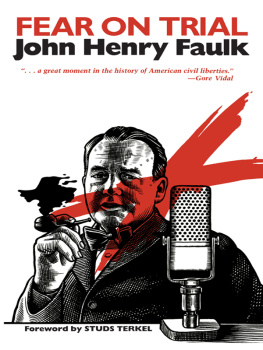
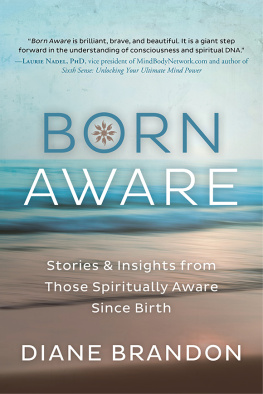
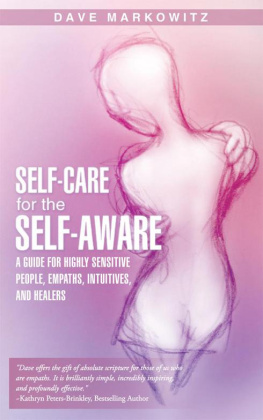
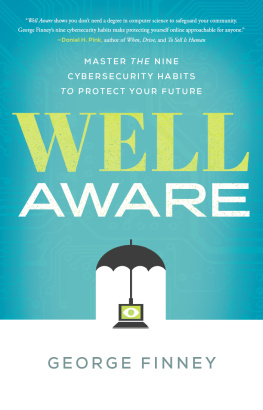
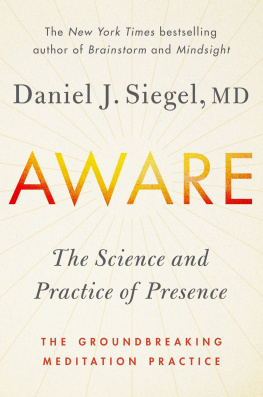


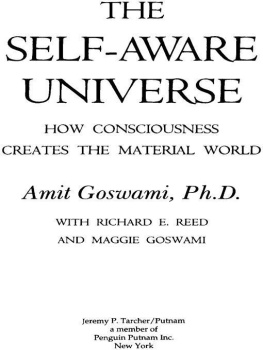
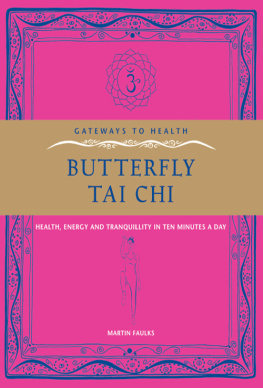
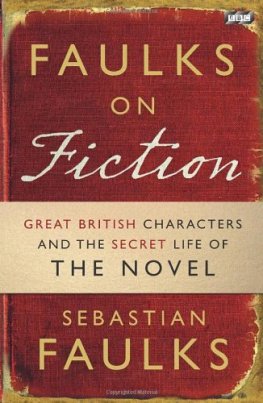
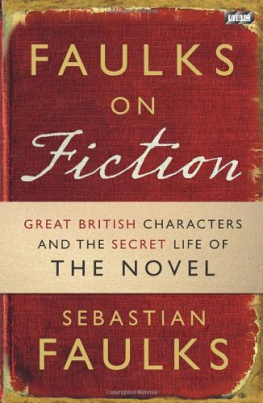
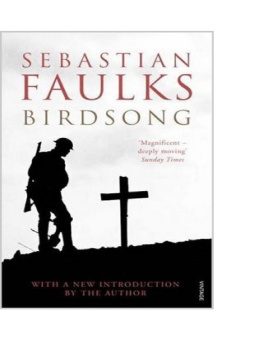
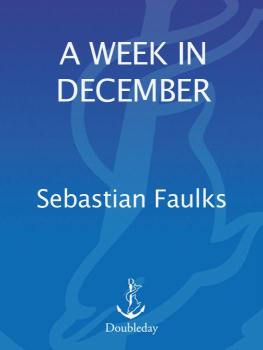
 University of Texas Press, Austin
University of Texas Press, Austin